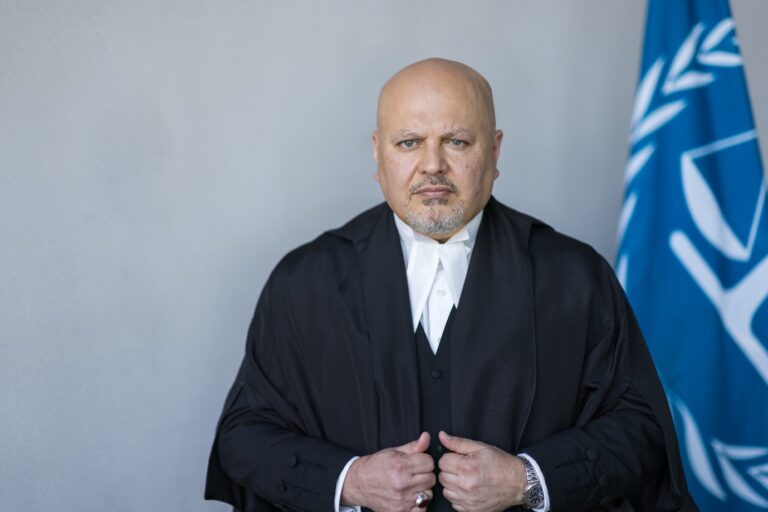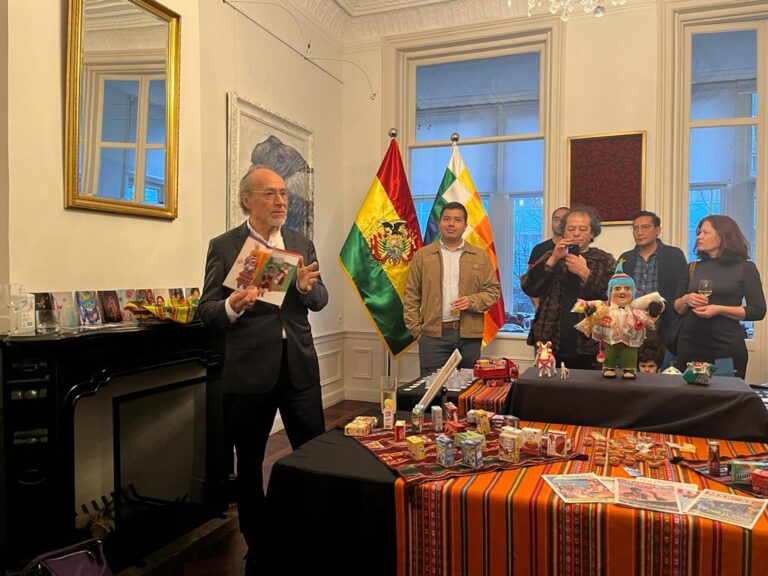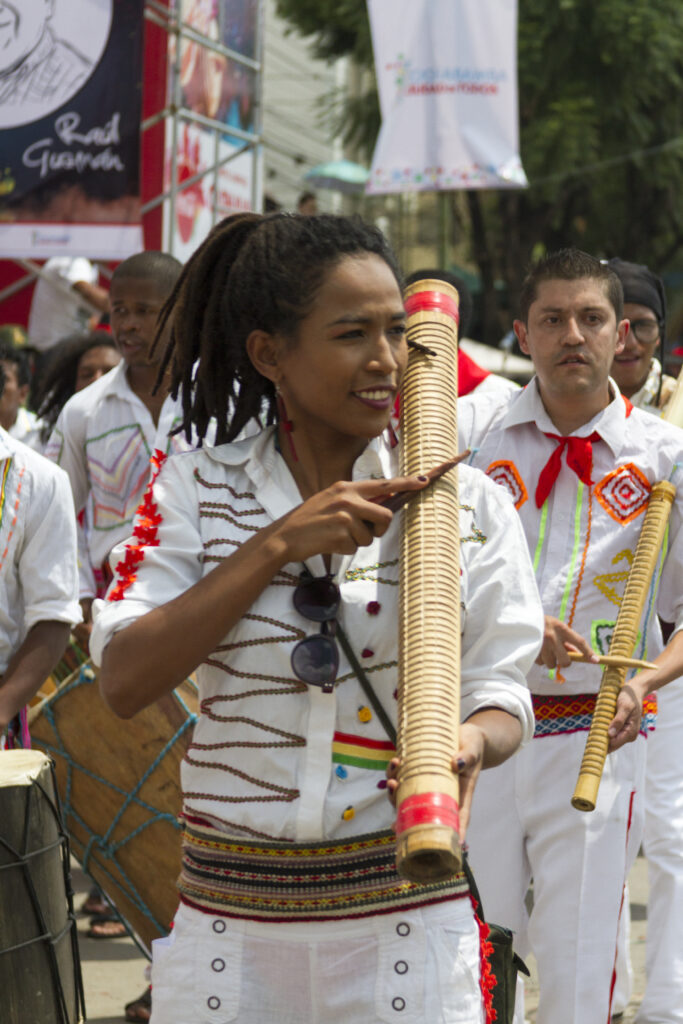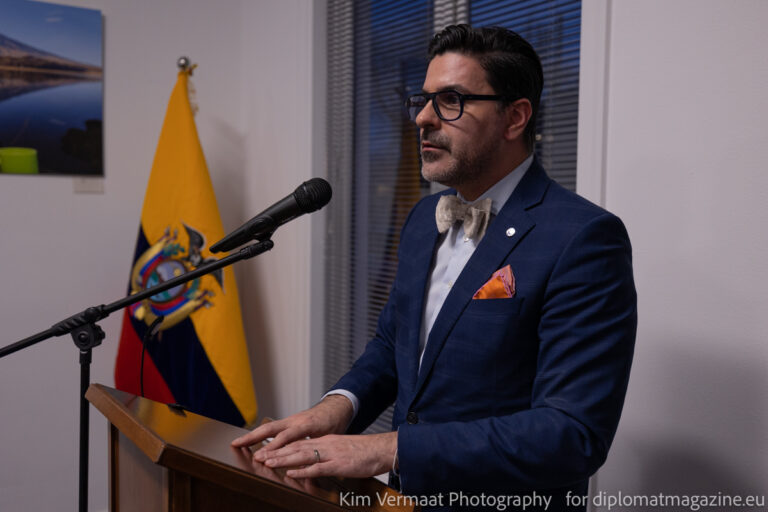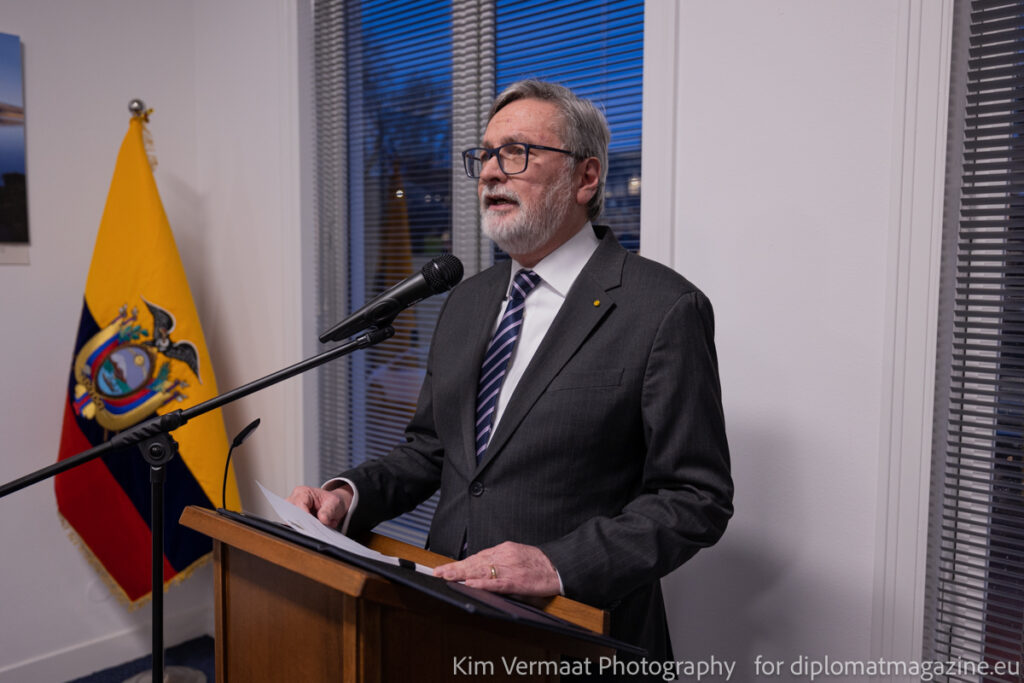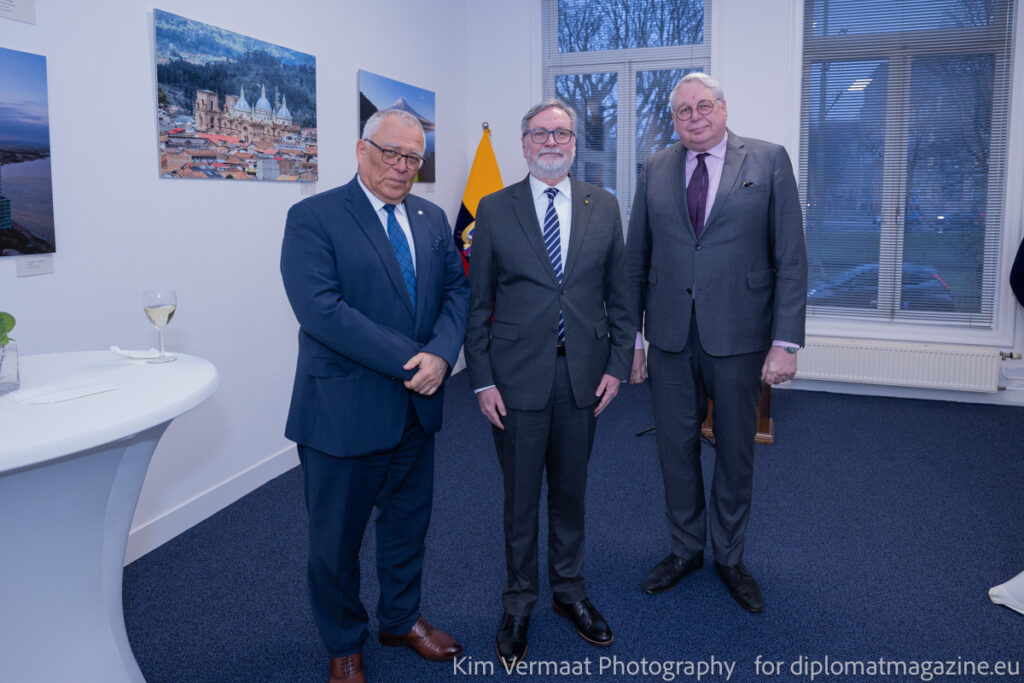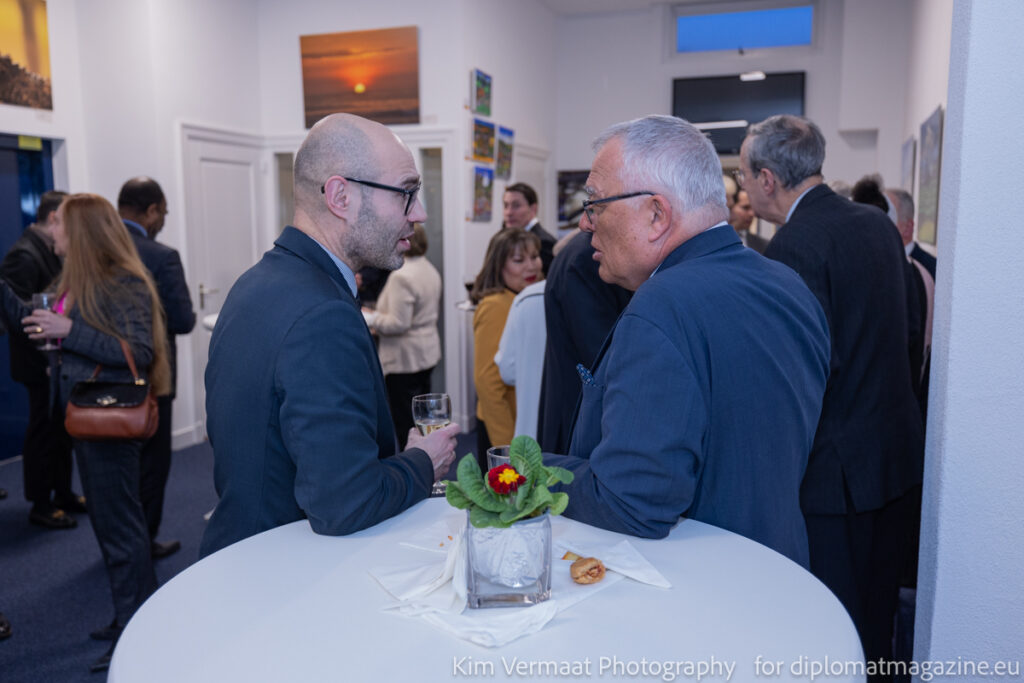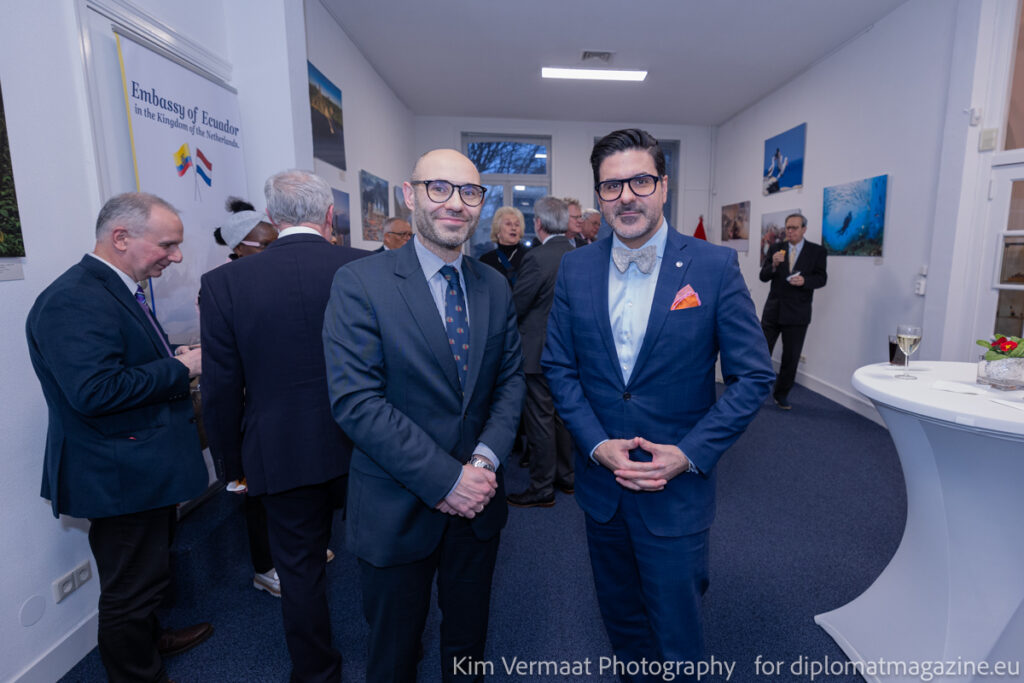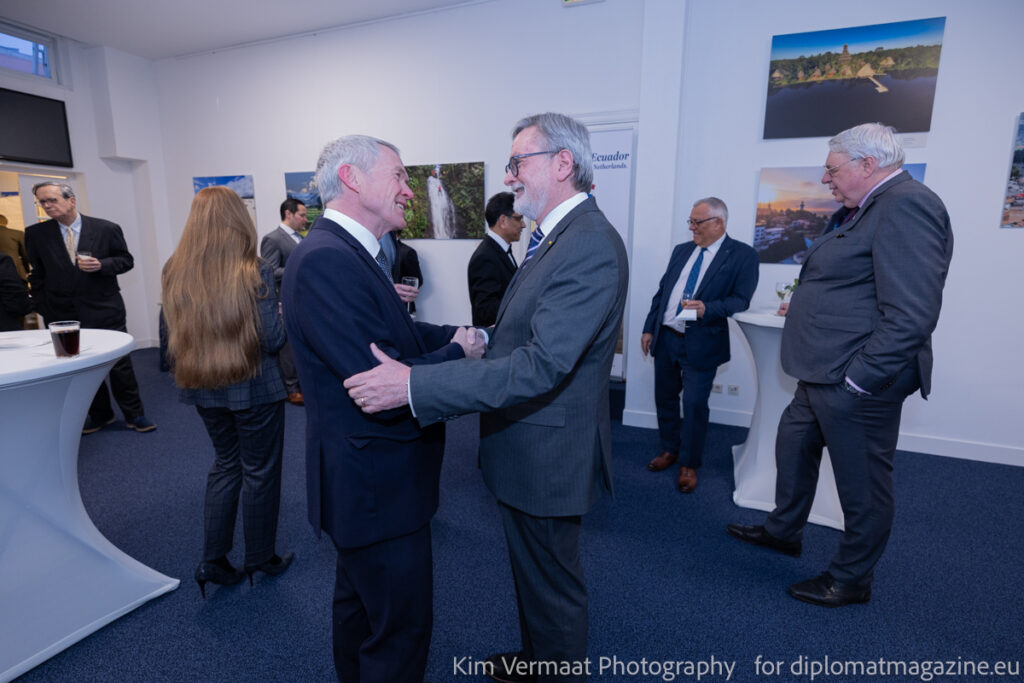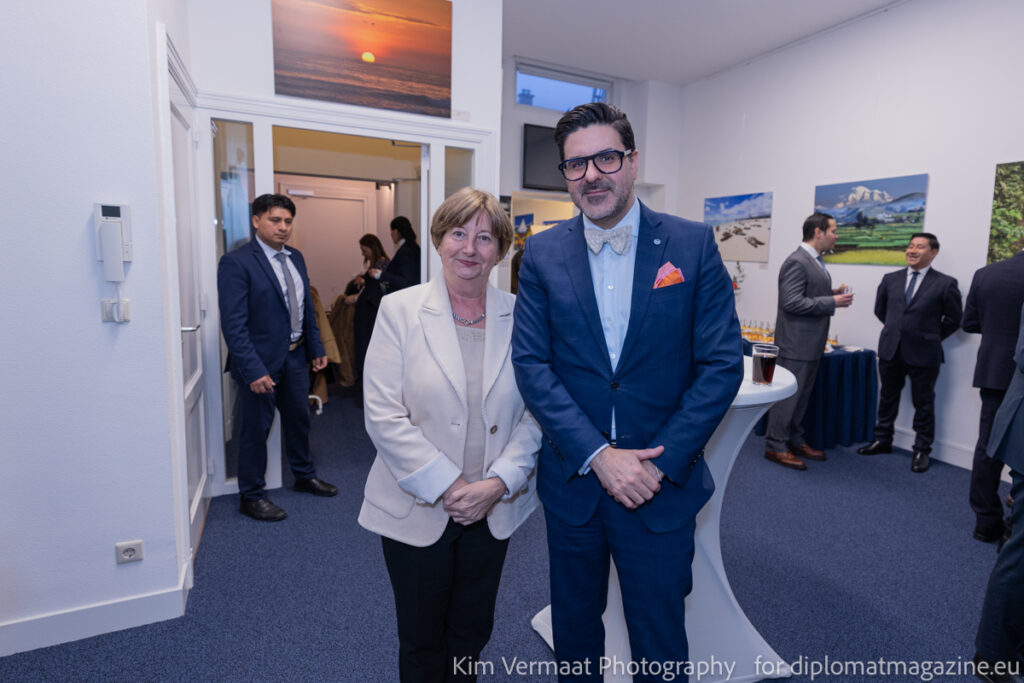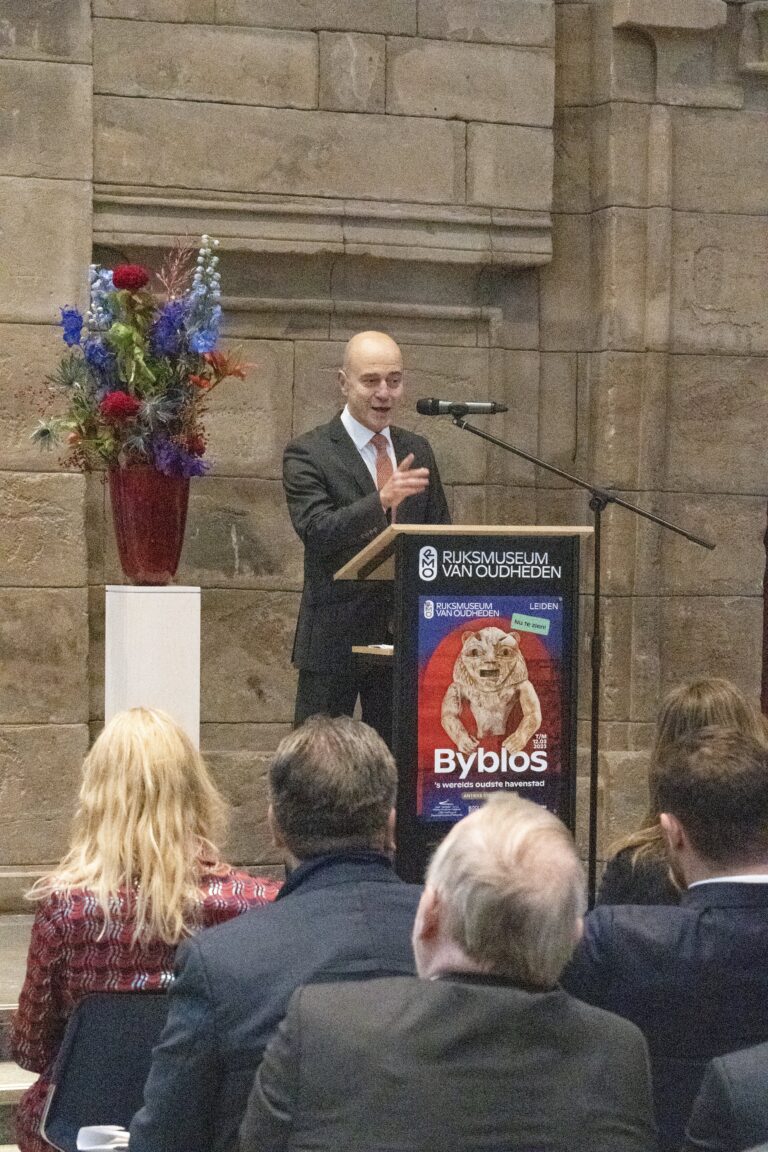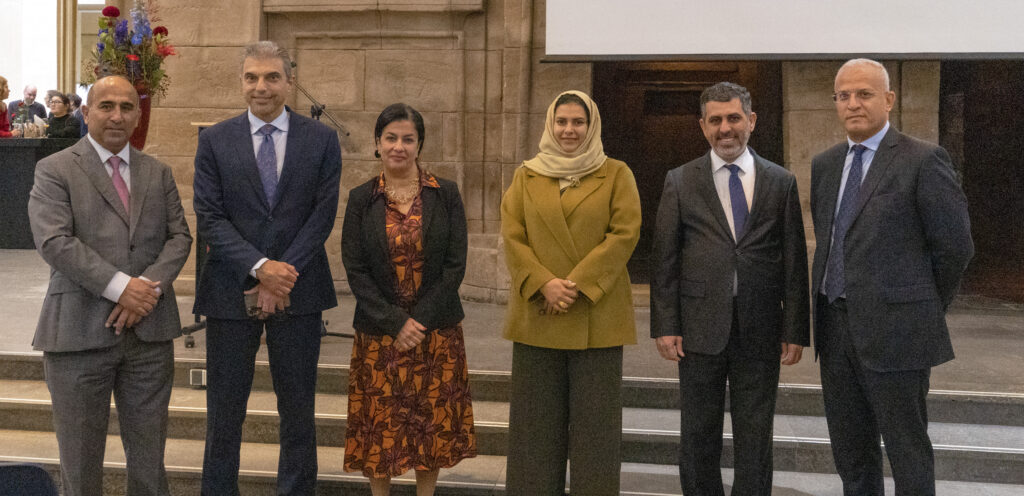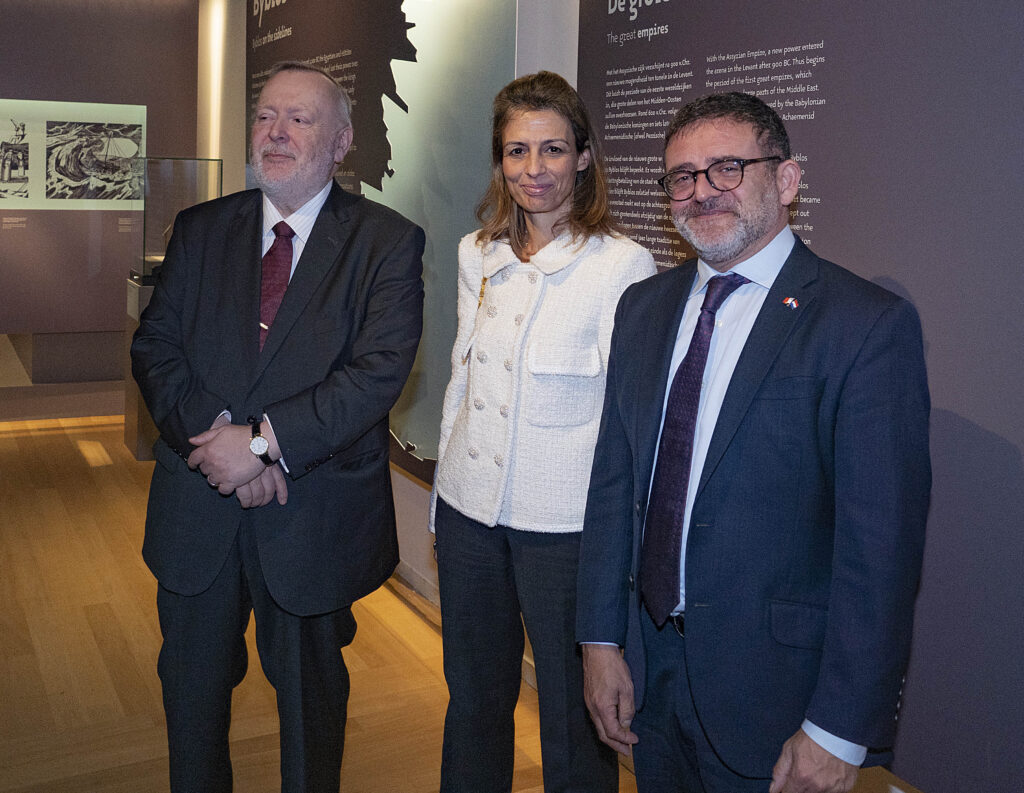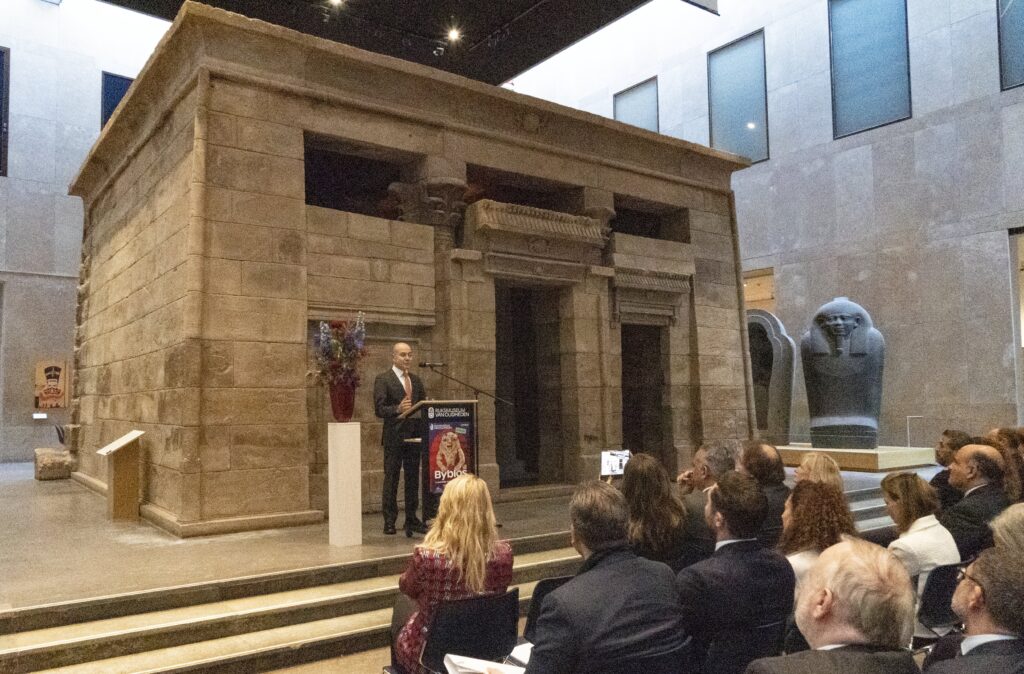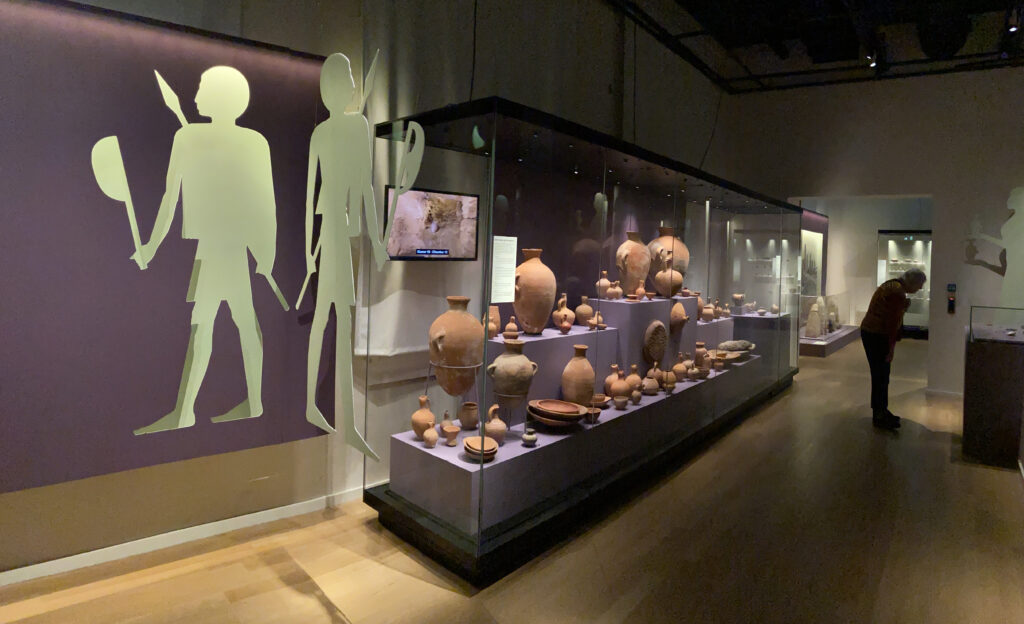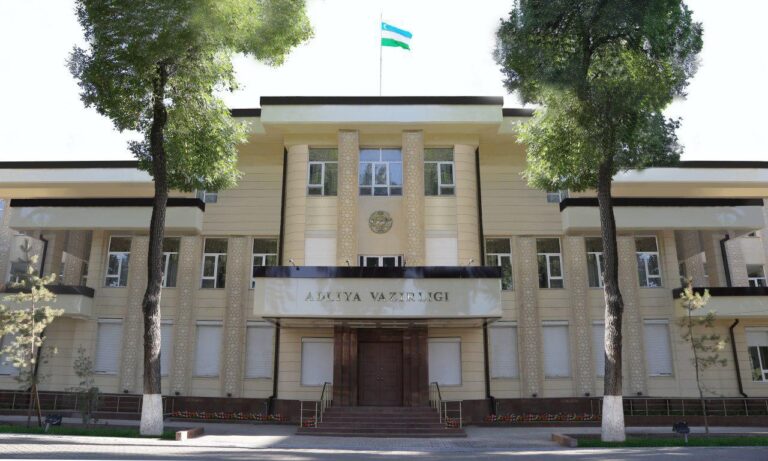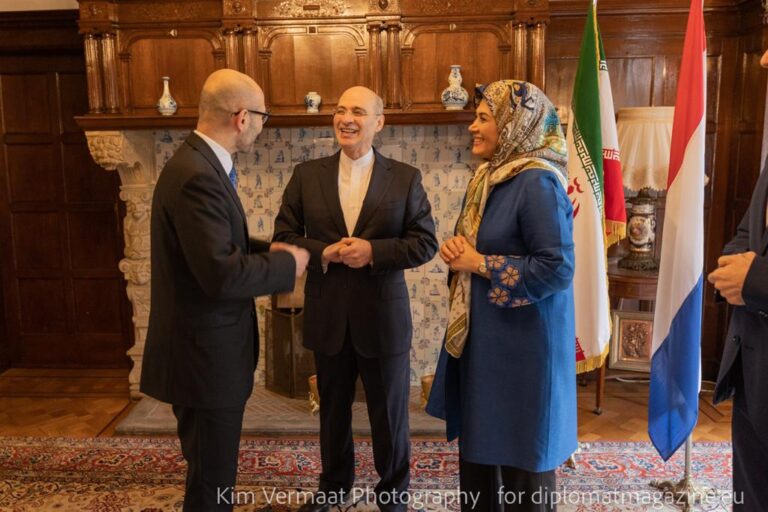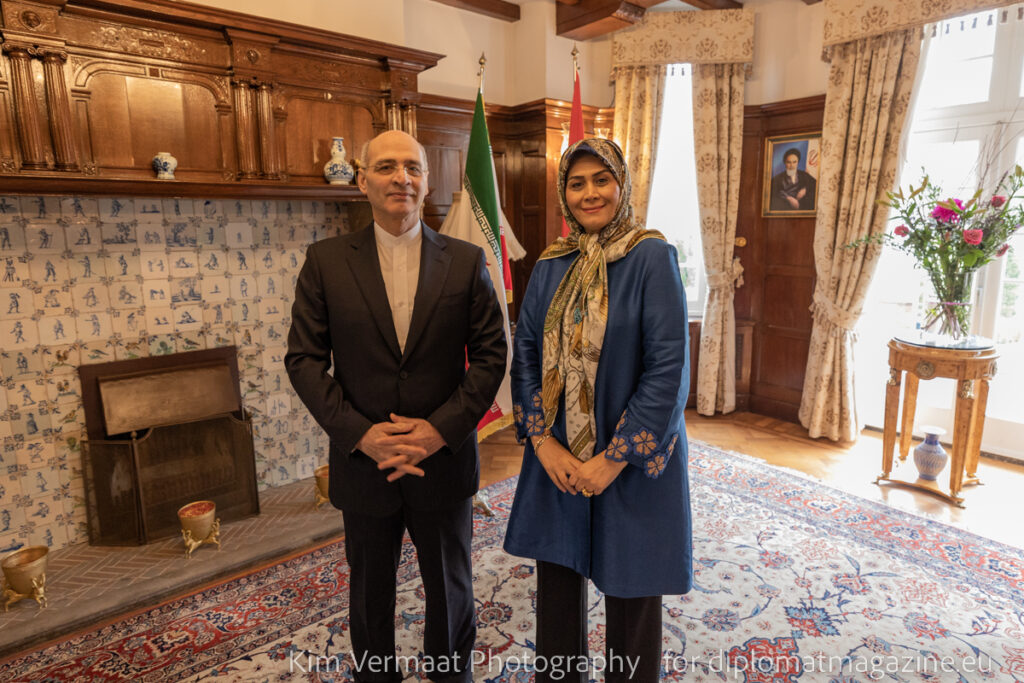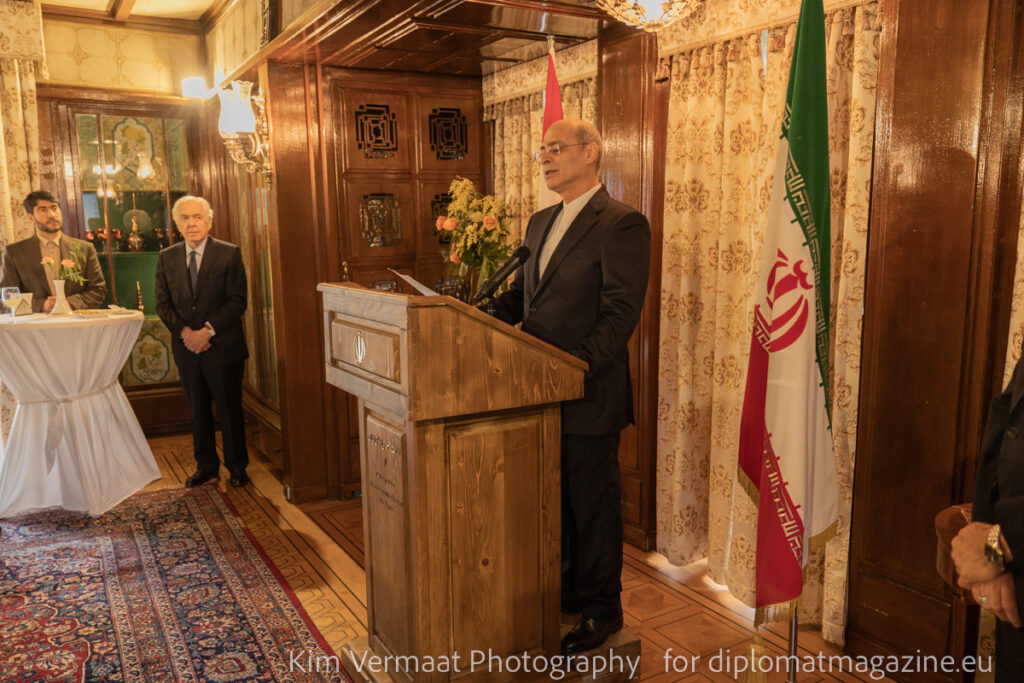The Guardian (17.03.2023) – The international criminal court (ICC) in The Hague has issued an arrest warrant for Vladimir Putin for overseeing the abduction of Ukrainian children, sending Russia another significant step on the path to becoming a pariah state.
In granting the request for warrants by the ICC prosecutor, a panel of judges agreed that there were “reasonable grounds” to believe Putin and his children’s rights commissioner, Maria Alekseyevna Lvova-Belova, bore responsibility for the “unlawful deportation” of Ukrainian children.
The warrants are the first to be issued by the ICC for crimes committed in the Ukraine war, and it is one of the rare occasions when the court has issued a warrant for a sitting head of state, putting Putin in the company of the Libyan leader Muammar Gaddafi and the Sudanese president Omar al-Bashir.
Gaddafi was toppled and killed months after his warrant was announced. Bashir was also ousted and is currently in jail in Sudan, though he has yet to be transferred to The Hague. Putin is likely to evade justice in the near future: Russia does not recognise the court’s jurisdiction, and insisted on Friday it was not affected by the warrants. But the Russian leader will face limits on his freedom of travel to the ICC’s 123 member states, further deepening his isolation.
In deciding to issue the warrants, the ICC pre-trial chamber of judges considered keeping the warrants secret but decided that making them public could “contribute to the prevention of the further commission of crimes”.
It is unclear how many children have been taken from Ukraine by Russian forces. Last month, the Yale Humanitarian Research Lab published a report alleging that at least 6,000 children from Ukraine had been sent to Russian “re-education” camps in the past year. In a statement on Friday, the ICC prosecutor, Karim Khan, said: “Incidents identified by my office include the deportation of at least hundreds of children taken from orphanages and children’s care homes.”
Khan said many of the children had been put up for adoption in Russia and that Putin had issued a decree expediting the conferral of Russian citizenship on the children, making them easier to adopt.
“My office alleges that these acts, amongst others, demonstrate an intention to permanently remove these children from their own country,” Khan said. “We must ensure that those responsible for alleged crimes are held accountable and that children are returned to their families and communities … We cannot allow children to be treated as if they are the spoils of war.”
“There are reasonable grounds to believe that Mr Putin bears individual criminal responsibility for the aforementioned crimes,” the ICC judges’ statement said, adding that he both committed the acts directly and failed to stop others from doing so.
The Kremlin was defiant in the face of the ICC announcement.
“The decisions of the international criminal court have no meaning for our country, including from a legal point of view,” the foreign ministry spokeswoman, Maria Zakharova, said on her Telegram channel. “Russia is not a party to the Rome statute of the international criminal court and bears no obligations under it.”
Lvova-Belova told Russian media that the arrest warrant reflected “appreciation” for her work “to help the children of our country, that we don’t leave them in the war zone, that we take them out”.
Ukraine’s president, Volodymyr Zelenskiy, estimated the number of deported children at far more than 16,000 and said the warrants represented “an historic decision which will lead to historic accountability.
“It would have been impossible to enact such a criminal operation without the say-so of the man at the helm of the terrorist state,” Zelenskiy said.
Wayne Jordash, a Kyiv-based international human rights lawyer and managing partner of Global Rights Compliance, said that the warrants for Putin and Lvova-Belova were likely to be the first of many.
“More will come over the next few months. This has got to be a sort of warning shot across the bow,” Jordash said.
The Russian leadership has been overt about its taking Ukrainian children to Russia and placing them in camps or putting them up for adoption by Russian families. On 16 February, Lvova-Belova appeared on television telling Putin about the programme and thanking him for being able to “adopt” a 15-year-old boy from Mariupol, the south-eastern Ukrainian city that was devastated and occupied by Russian forces.
“Thanks to you, now I know what it’s like to be a mom of a Donbas child,” she told Putin.
“There’s a clear case here against Putin,” Jordash said. So I think it’s good to see the prosecutor focusing on children’s rights. I think this is what international prosecutors have failed to do over the last 20 years, so this is a good focus, as it’s one of the worst crimes being committed.”
The warrant for Putin’s arrest was welcomed by Josep Borrell, the EU foreign policy chief, who called it “the start of the process of accountability” and by the UK’s foreign secretary, James Cleverly, who said “those responsible for horrific war crimes in Ukraine must be brought to justice”.
The US was more guarded in its response. Joe Biden said that Putin had clearly committed war crimes and the ICC’s decision was justified. But the US is not an ICC member, and the Pentagon has resisted cooperation with the ICC out of fear that US soldiers could potentially be pursued by the court.
“There is no doubt that Russia is committing war crimes and atrocities in Ukraine, and we have been clear that those responsible must be held accountable,” Adrienne Watson, the national security council spokeswoman said. “The ICC prosecutor is an independent actor and makes his own prosecutorial decisions based on the evidence before him. We support accountability for perpetrators of war crimes.”
Reed Brody, a veteran war crimes prosecutor and author of To Catch a Dictator, a book about the pursuit of Chadian leader, Hissène Habré, said the warrant “makes Putin’s world a smaller place”.
“I don’t think we were expecting to see him travel to France or Ukraine anytime soon, but he’s got to be careful,” Brody said. “Obviously, these are crimes that never go away. They will hang over his head forever and making them go away is very hard. We’ve seen time and again that the wheels of international justice grind slowly, but they grind exceedingly fine.”
Photo credits: Video / The Guardian



